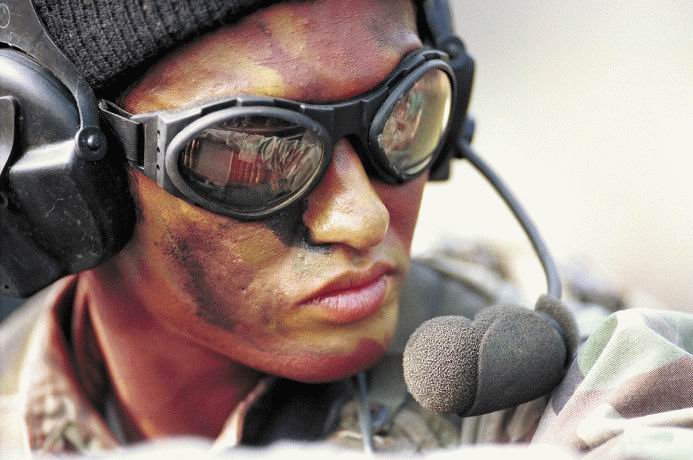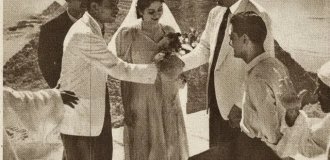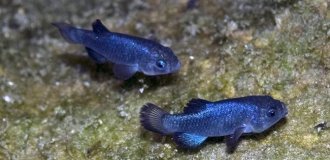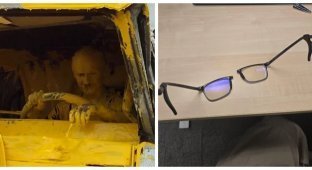
SEAL - special forces of the US Navy (US Navy), designed to conduct reconnaissance and sabotage operations from the sea. Literally translated, "seal" (also "fur seal") is an abbreviation for Sea - Air - Land.
"Seals" trace their history back to the Civil War of 1861, when the Northerners used combat swimmers to find and neutralize mines.
The current Seal Corps was formed in 1962; President Kennedy is also considered their “godfather.” "Seals" took an active part in the war in Vietnam, Iraq and Afghanistan.

A SEAL team typically consists of its own headquarters, ten combat platoons, and one service platoon. Each combat platoon consists of 16 people in two sections. The departments are divided into groups of four people, who, if necessary, can go into pairs. The service platoon consists of 20 people. A SEAL team consists of 200–210 personnel, with the exception of Team 6, which consists of five platoons divided into four groups of eight soldiers. The total number of SEALs, including additional units, is, according to various estimates, from 2000 to 2900.
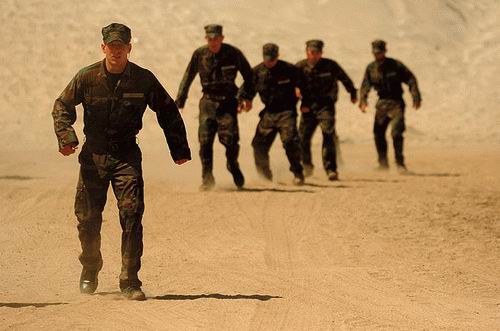
Any volunteer ranging from sailor to lieutenant under the age of 28 with at least 28 months of Navy service experience can become a SEAL candidate. When selecting candidates, special attention is paid to the service record, recommendations of commanders, as well as the results of interviews with a commission of psychologists and an instructor. The entrance test for physical fitness is quite easy: swim 400 meters in 690 seconds, run one and a half miles in the same time, do eight pull-ups on the bar and do at least 42 push-ups in 120 seconds. However, the ease of the physical fitness test is offset by the difficulty of the physical training exercises.




The training program that new recruits undergo at Coronado consists of three main stages. The first stage, called Basic Conditioning, lasts nine weeks. For the first five weeks, testing of the physical and volitional qualities of recruits continues. Simply put, they are taken to starvation. The training day lasts at least 15 hours, during which the physical condition and endurance of newcomers are tested using a variety of tests. Every day the missions become more difficult - as the SEALs say, “the only easy day was yesterday.” In addition to the physical condition, the recruit's desire to serve as a SEAL is also tested, constantly provoking him to show dissatisfaction with training methods or commanders. For example, for this, incorrect or unreasonable orders are often given, which, nevertheless, the fighter must carry out. Training and tests are interrupted only to give the recruits a short lecture or give them something to eat.




The sixth week of preparation, called “hellish,” deserves special attention. According to tradition, it begins at night, with the explosions of warheads right in the barracks, lasts about five days, during which recruits are unlikely to be able to sleep more than 4-6 hours, and ends with the most difficult training for landing on the shore at night in difficult weather conditions and under heavy enemy fire. During Hell Week, candidates are subjected to extreme psychological pressure and are subjected to constant physical exercise with short breaks. It is not surprising that most applicants are eliminated within the first six weeks...
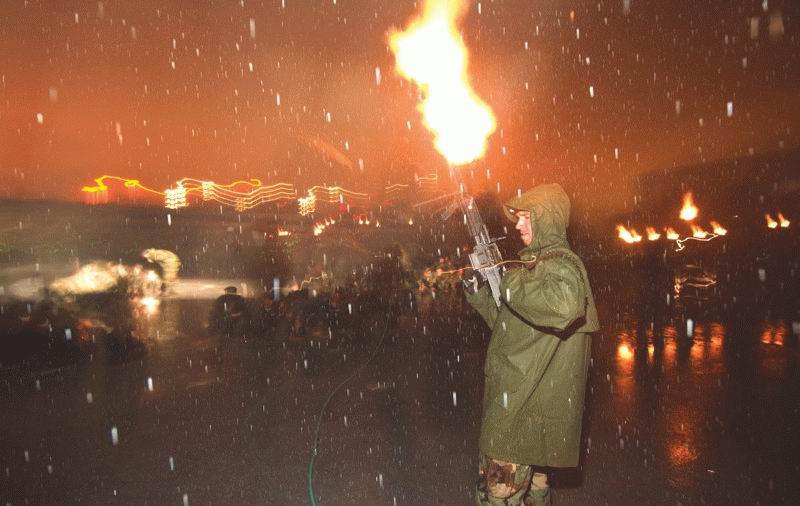


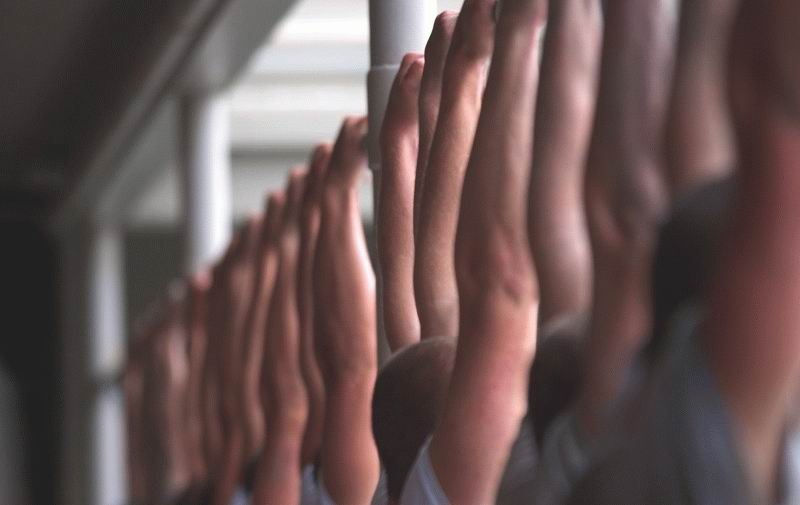
The last three weeks of the first stage, in addition to ongoing physical training, are used to train candidates in the basics of hydrographic surveying, methods of sounding and charting. The second stage of training, called “Diving”, lasts seven weeks. Candidates learn to use diving equipment and perform various tasks with it. This stage is characterized by rapidly increasing demands on fighters. If during the first week there are mainly short dives underwater using simple equipment, then the cycle ends with swims of several kilometers in difficult weather conditions (storm, cold water, etc.).



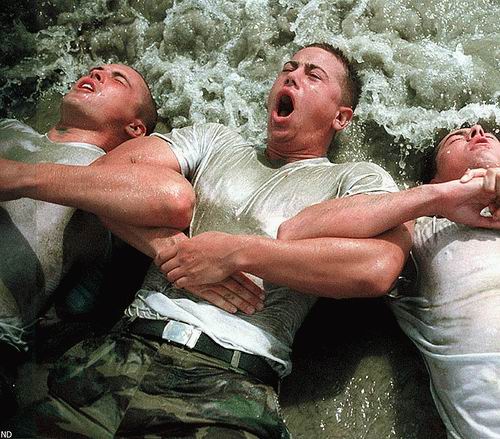


The third stage of training - "Land Warfare" (ground warfare techniques) - lasts nine weeks. Soldiers learn to conduct reconnaissance, sabotage and combat operations, study weapons and auxiliary equipment, and practice actions in groups. After the third stage comes an “exam” in the form of tests on physical and tactical training. After this, all recruits who pass the exam are sent to Fort Benning for three weeks, where they undergo parachute training.




To improve their skills, fighters are sent to SEAL groups, where they undergo a six-month internship. And only at the end of the internship, more than a year after submitting the application, the candidate signs a contract and becomes part of one of the SEAL teams. However, for another three years he must undergo inspection by a special commission every six months, and in the SEAL unit he will not be allowed to participate in serious operations, using him only in secondary roles. And only after signing the second contract does the recruit become a full-fledged SEAL fighter.



